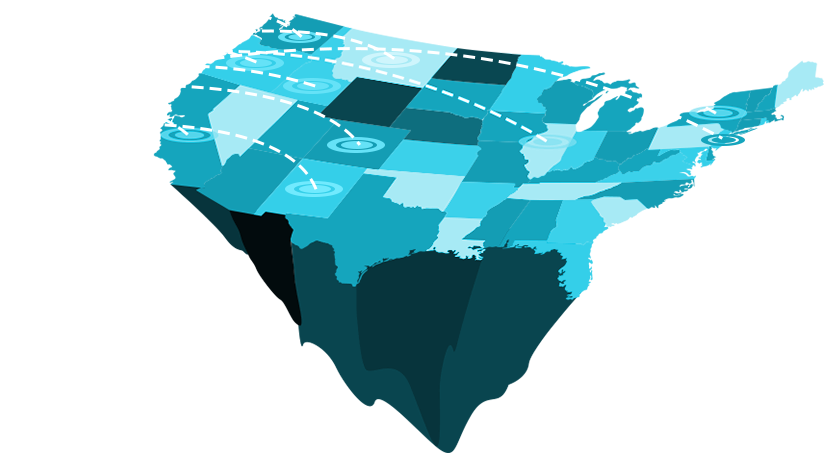Blog > What Is Payroll Based Journal (PBJ) Reporting?

Reporting requirements for American businesses are constantly evolving, especially in the health care industry.
Changes in legislation, best practices, and available payroll software have all made staying compliant even more complicated than before, and it can be difficult to keep up to date.
One relatively new change is the introduction of Payroll Based Journal (PBJ) reporting. If you’re operating a direct care facility, such as a nursing home or assisted living center, you may have already encountered the PBJ reporting process—but, if you haven’t or aren’t fully familiar with how it works, don’t worry. This guide outlines what it means for you, for your business, and for your payroll and HR systems.
Overview of Payroll Based Journal Reporting
The Affordable Care Act (ACA), a nationwide healthcare reform initiative, was signed into law in 2010. PBJ reporting was introduced as part of the ACA and detailed in Section 6106.
At its core, PBJ reporting is designed to increase the amount of staffing data that’s freely available for analysis and comparison. All direct care facilities are required to submit data on all of the nursing staff in their payroll, including detailed shift logs, to the Centers for Medicare and Medicaid Services (CMS). Reporting your PBJ was voluntary up until July 1, 2016, after which it became mandatory.
Who Uses It?
As mentioned above, the PBJ reporting system is only currently in use by nursing homes and other long-term care facilities, and the journal itself must be submitted directly to the CMS. However, the CMS will then compile the data, use it in their Five Star Quality Rating System, and publish it on the Medicare Nursing Home Compare website. That means that the data is indirectly available to the public, albeit in a condensed and anonymized format.
The Submission Process
When it comes to submitting your staffing data to the CMS, there are a few important points to keep in mind:
- Your data must be submitted quarterly, no later than 45 days after the end of the quarter.
- Data must be submitted electronically and strictly follow the CMS submission specifications.
- Your reports can be audited for accuracy and quality of data, so any internal documents and logs used in calculating data should be retained for as long as possible.
What Are the Benefits?
Although PBJ reporting may just seem like extra hassle and paperwork, there are some clear benefits to expanding the amount of staffing data available and making it more transparent. Not only does it help highlight your staffing practices and level of care to potential customers, but it also increases overall confidence in the aged care system, thereby broadening the appeal.

The extensive logging required of PBJ reporting should also be seen as a net positive for your facility. With better data, you can identify under-resourced areas more easily, track and assign staff more efficiently, and provide better outcomes for both patients and their carers.
The Future of PBJ Reporting
As with any modern reporting system, requirements and guidelines for PBJ reporting will change over time. Changes in government have already modified the ACA, and this could extend to alterations or even outright removal of mandatory Payroll Based Journal reporting.
In addition to this, as the system matures, the CMS have already refined and made adjustments to:
- Document templates
- Submission guidelines
- Electronic file formats
- Submission methods
- Required data
With more adjustments highly likely, it’s important you stay informed and up to date regarding developments. If you’d prefer to spend that time on more important aspects of your business, SNF Payroll can help. Delivering a powerful and intuitive cloud-based payroll and HR system, our payroll software stays up to date for you. You can then work faster, make better decisions, and take the guesswork out of compliance!
For more information and a demonstration of how SNF Payroll works for you, contact us at (844) 200-1870 today.

